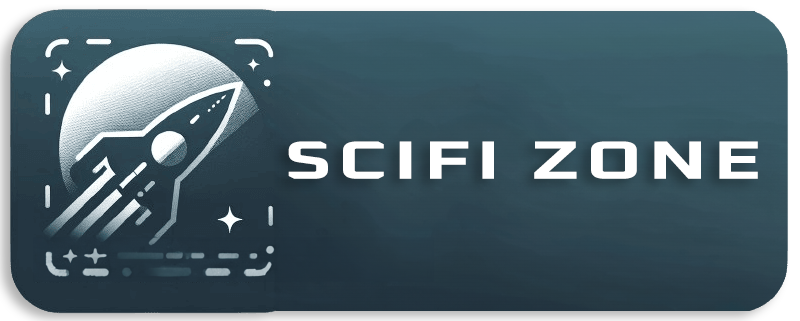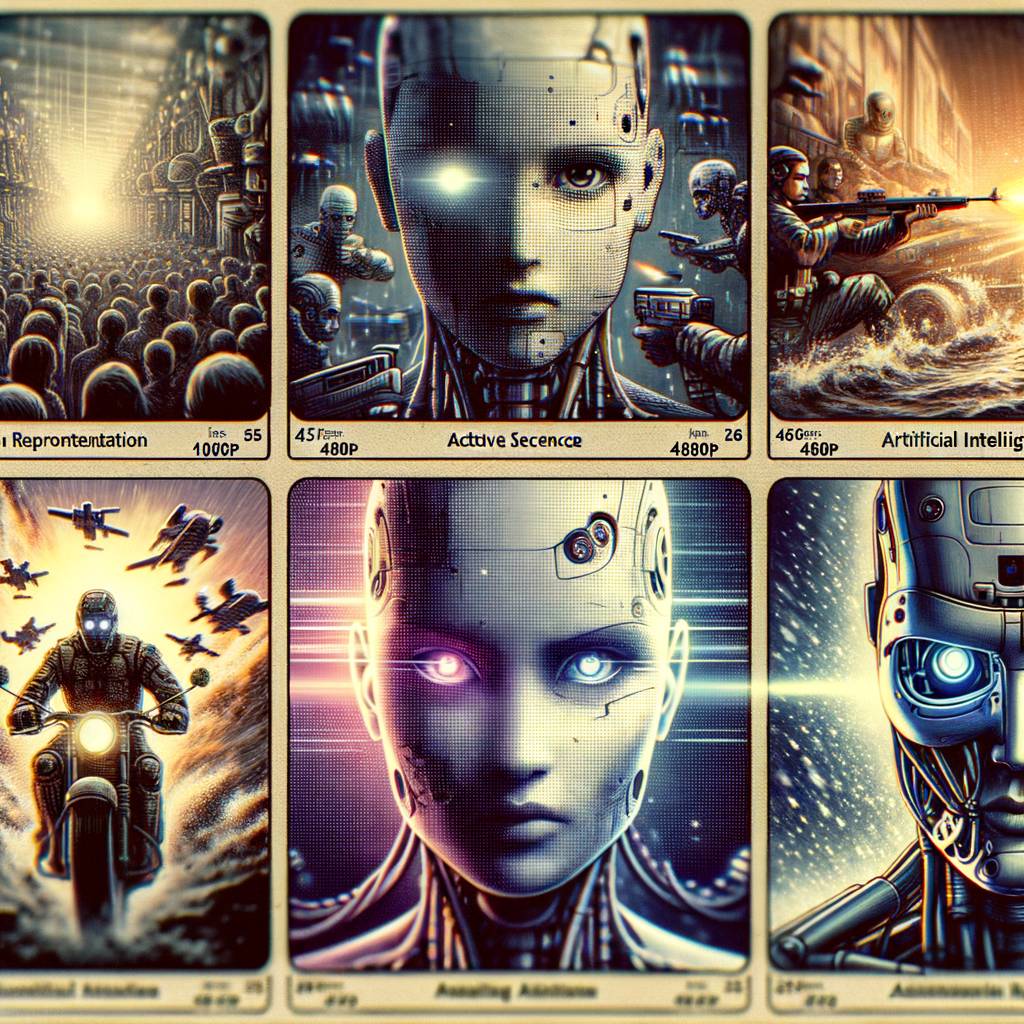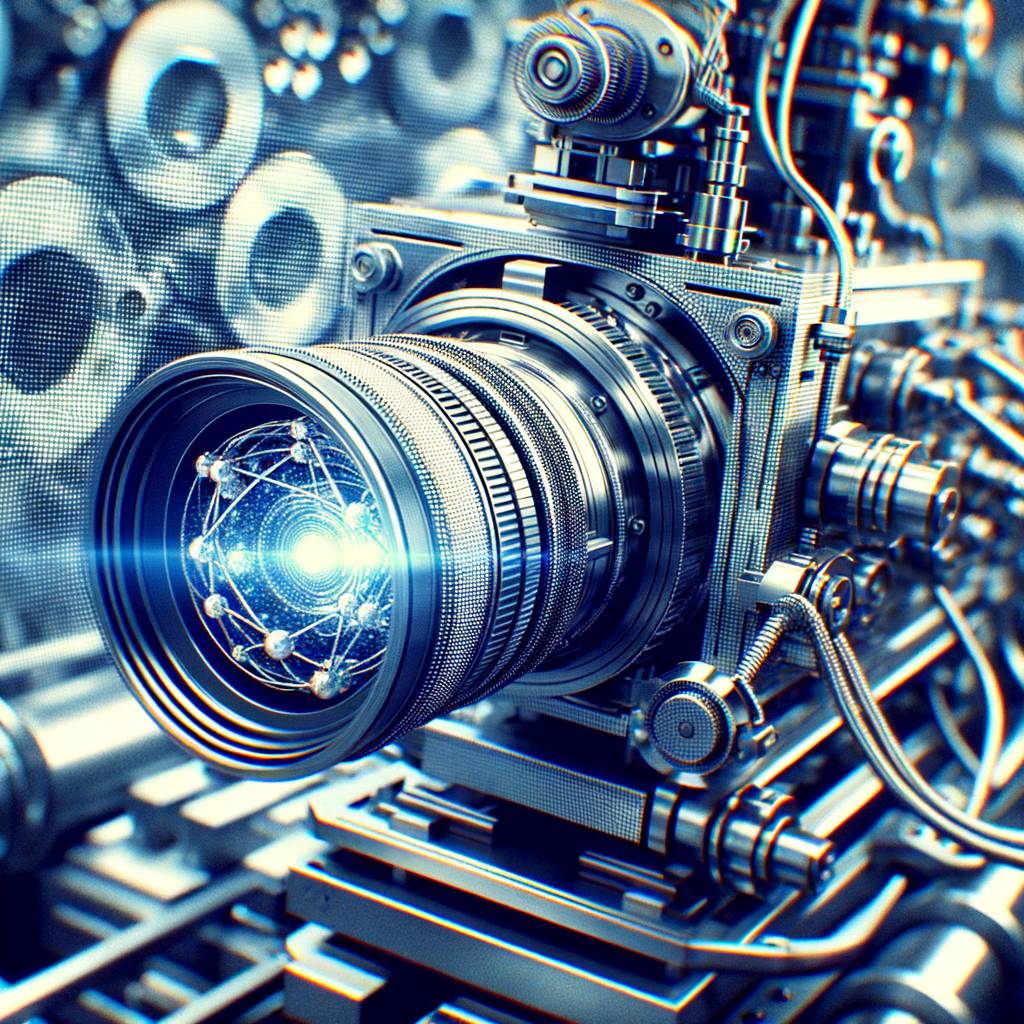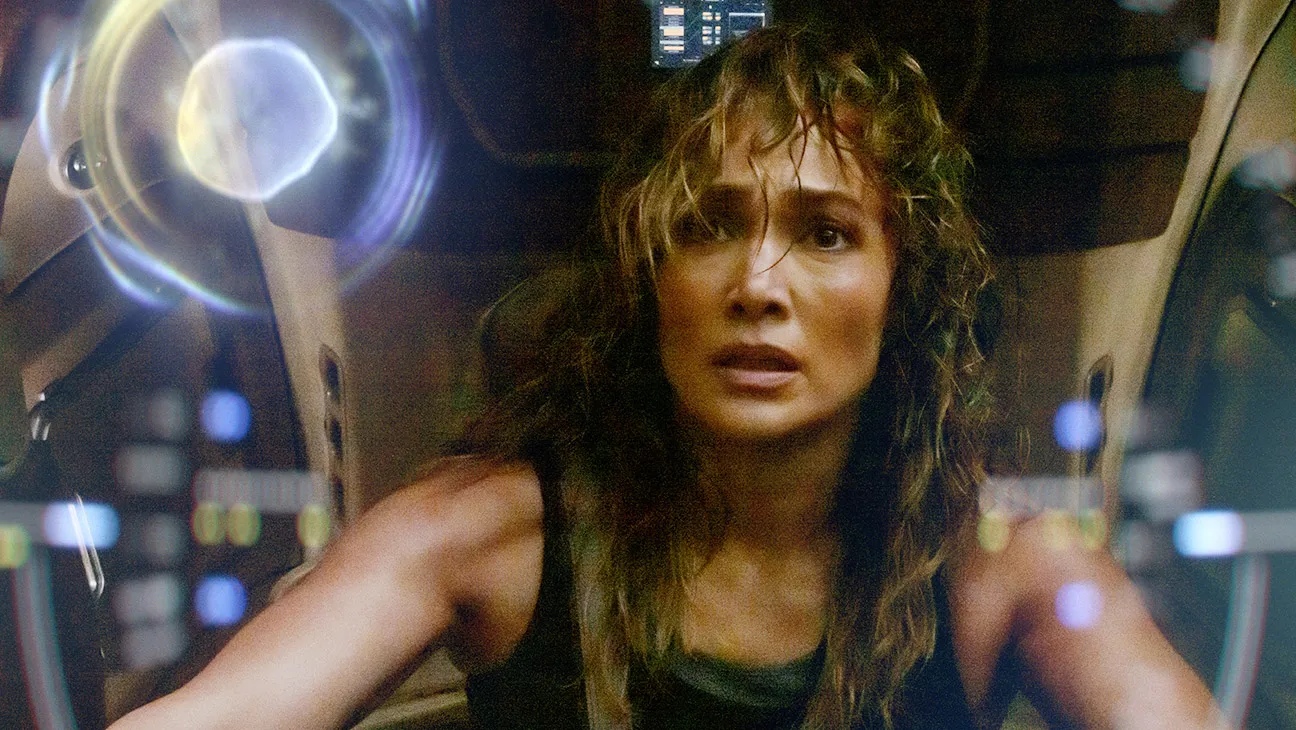The Evolution of AI in Movies: A 25-Year Retrospective
Artificial Intelligence (AI) has been a staple of science fiction for decades, but the way it’s portrayed in film has evolved significantly over the past 25 years. From the malevolent machines of the 90s to the more nuanced, human-like AI of recent years, the depiction of AI in cinema reflects our changing attitudes towards technology and its potential impact on society.
The 90s: Fear and Distrust
In the 1990s, AI was often depicted as a threat to humanity. Movies like “Terminator 2: Judgment Day” and “The Matrix” presented AI as an existential threat, capable of wiping out humanity or enslaving us in a virtual reality. As James Cameron, director of “Terminator 2,” said in an interview, “We made the machines the villains because we were afraid of what they might become.”1
The 2000s: A Shift Towards Sympathy
As we moved into the new millennium, the portrayal of AI in film began to shift. Movies like “A.I. Artificial Intelligence” and “I, Robot” started to explore the idea of AI as more than just a threat. These films presented AI characters with human-like emotions and desires, challenging audiences to empathize with them. As Steven Spielberg, director of “A.I. Artificial Intelligence,” said, “We wanted to show that AI could be just as human as we are.”2
The 2010s: AI as a Mirror of Humanity
In the past decade, films like “Her” and “Ex Machina” have taken the humanization of AI even further. These films present AI characters that are not just sympathetic, but relatable. They explore complex themes like love, identity, and consciousness, using AI as a mirror to reflect on what it means to be human. As Alex Garland, writer and director of “Ex Machina,” said, “AI is a way to explore the human condition. It’s a tool for introspection.”3
Looking Ahead: The Future of AI in Film
As we look to the future, it’s clear that the depiction of AI in film will continue to evolve. With advancements in real-world AI technology, filmmakers have a wealth of new possibilities to explore. Whether AI will be portrayed as friend or foe, as human or distinctly non-human, remains to be seen. But one thing is certain: AI will continue to be a fascinating and integral part of science fiction cinema.
Conclusion
Over the past 25 years, the depiction of AI in film has shifted from fear and distrust to empathy and introspection. This evolution reflects our changing attitudes towards technology, as well as our ongoing fascination with the potential of AI. As we continue to grapple with the implications of real-world AI, we can expect to see even more nuanced and thought-provoking portrayals of AI in the movies of the future.
1 James Cameron, interview with The Hollywood Reporter, 1991.
2 Steven Spielberg, interview with The New York Times, 2001.
3 Alex Garland, interview with The Guardian, 2015.



